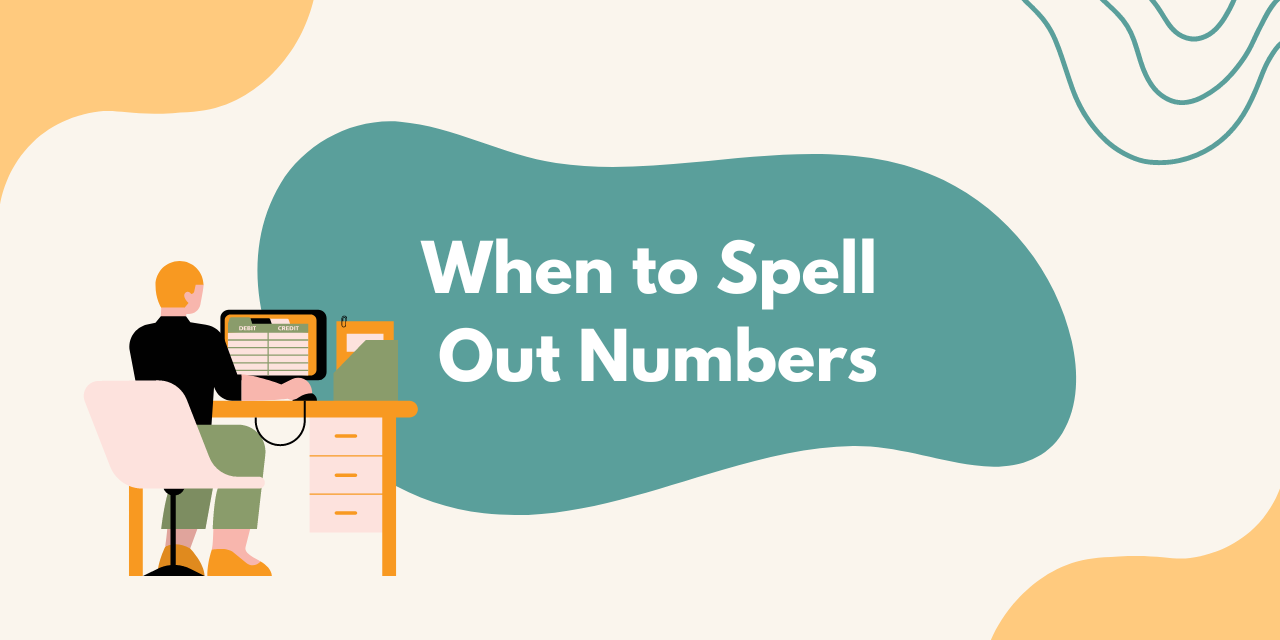The subjunctive form often confuses many writers, leaving them thinking: is it if I was or were? Why don’t we take a closer look and clear up any confusion.
General Rule: You should use were (in place of was) when the statement is contrary to fact.
Statements that are contrary to fact often begin with “if” and require a special verb form called the SUBJUNCTIVE. A good writer or speaker will use the subjunctive form in just the right way, especially in if clauses that describe a situation that is contrary to fact. In these situations, the main change you need to make is to substitute the word was for were.
One can think of the famous tune from “Fiddler on the Roof”:
- “If I were a rich man”
The premise is that he is NOT a rich man; therefore, the line calls for were instead of was.
Here are a few more examples:
- If he were [not was] a real New Yorker, he would have eaten that pizza slice using his hands, not a fork and knife! (The subjunctive of the verb “to be” [were] is the correct choice because the statement is contrary to fact: The man is not a real New Yorker.
- If I were you, I wouldn’t make a 10k my very first race. I would start with something shorter. (Again, the statement is contrary to fact.)
- He often wished that he were less busy, so that he can spend more time playing with his young kids. (Although the main verb is in the past tense, the correct choice is still were. The statement is contrary to fact.)
- I wish I were a famous singer. (He is not; therefore, we use were.)
But…
- If it was snowing yesterday in Winter Park, the 10k race was probably canceled. (We use was here since there is a chance that it was snowing)
- The only reason I turned down the promotion was because I wanted to spend more time with my children. (The verb “to be” is not in the subjunctive form since the idea following “if” is not contrary to fact. He does wants to spend more time with his children.)
So in short, when staring at a was or were dilemma, see if the statement is contrary to fact. If it is – use were.






